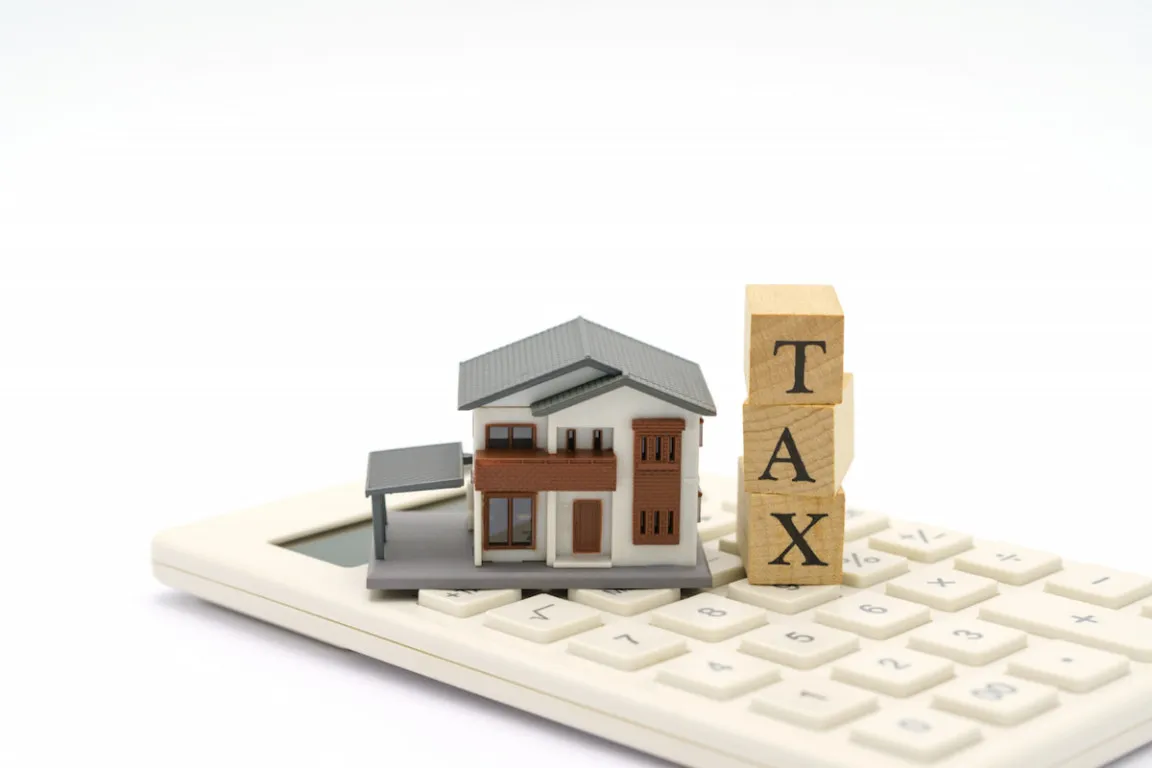Tax in the construction service is one of the most important elements in Indonesia's infrastructure development sector. This tax not only contributes to state revenue but also significantly impacts the dynamics of the construction industry itself.
In this article, we will comprehensively discuss tax in the construction services, starting from relevant regulations, types of taxes that are imposed, to some challenges that are commonly faced by construction industry players. We will also provide some recommendations to improve the efficiency of the taxation system in the construction sector.
Tax Regulations for Construction Services in Indonesia
Indonesia has established several tax regulations on construction services to develop a more transparent and equitable taxation system for industry players.
One of the main tax regulations on this sector is the Government Regulation in Lieu of Law Number 51 of 2008 concerning Income Tax on Income from Construction Services Business.
This regulation establishes the tax collection obligations of construction service providers who are involved in construction projects within both the public and private sectors. However, along with the rapid development of the construction industry, the government has the urgency to ensure the regulation remains relevant to the current industry demands.
Therefore, the Government Regulation in Lieu of Law Number 51 of 2008 was revised through the issuance of the Government Regulation in Lieu of Law Number 9 of 2022.
This change aims to provide a greater convenience for construction industry players while ensuring that tax provisions are in harmony with the evolving trends and dynamics of the industry. Some of the most important changes in this new regulation are the adjustment of tax rates and the extension of the tax determination period with increased flexibility.
With these changes, it is expected that construction industry players can fulfill their tax obligations more easily, without compromising their focus on efficiency and innovation in construction projects.
The regulation is also expected to stimulate the growth of the construction sector in Indonesia and create a more supportive business environment for the development of infrastructure projects in the country.
Therefore, this regulatory change not only aims to increase tax revenue but also supports the development of Indonesia's construction industry.
Read also: 10 Sustainable Building Materials for Green Constructions
Types of Taxes That Are Imposed on Construction Services
Several types of taxes are commonly imposed on construction services, including:
- PPh (Income Tax) Article 23: PPh 23 is imposed on income that is received by domestic taxpayers for work, services, or activities related to the field of construction services. The general rate for PPh 23 is 15%, which applies to some types of income, such as interest, dividends, gifts, and royalties. Meanwhile, a lower rate of PPh 23 set at 2% applies to income from certain services and rental of property.
- PPh (Income Tax) Article 4 Paragraph 2: PPh 4 Paragraph 2 is a final tax that is imposed on specific types of income, including income that is derived from construction services.
- PPN (Value Added Tax): PPN is imposed on the transfer of taxable goods and/or services that occur within the customs area, including those that are related to construction services.
Some Regulatory Changes and Their Impact
The change from the Government Regulation in Lieu of Law Number 51 of 2008 to the Government Regulation in Lieu of Law Number 9 of 2022 has brought significant impacts to both the construction sector and the Indonesian economy as a whole.
One of the most prominent changes is the adjustment of the final tax rate that is applied to construction services businesses. This adjustment aims to ease the tax burden on construction companies, which have been dealing with a relatively high tax rate that makes the financial management more challenging.
Through this change, the government aims to provide a more flexible solution by setting a more affordable tax rate, thereby reducing the financial pressure that is experienced by companies in this sector.
As a result, construction companies are expected to innovate more freely, expand their operations, and improve the quality and efficiency of their projects.
Not only does the change in tax rate significantly reduce the company's tax burden, but it also enables companies to manage their tax obligations more efficiently. This creates an opportunity for companies to focus more on business growth, improve productivity, and develop innovations without being constrained by the heavier tax obligations of the past.
Moreover, this regulatory change is also a positive step in creating a more conducive business climate and supporting the growth of the construction sector. With more affordable taxes, the construction sector, which is one of the main pillars of infrastructure development in Indonesia, can grow faster, contribute more significantly to the national economy, and create more employment opportunities.
Overall, the shift from the Government Regulation in Lieu of Law Number 51 of 2008 to the Government Regulation in Lieu of Law Number 9 of 2022 not only brings positive impacts for construction businesses, but it also reflects the government's commitment to promoting the sustainability and growth of the construction sector in Indonesia.
With regulations that are better aligned with current market conditions and industry demands, this sector is expected to grow more rapidly, contribute more to infrastructure development, and ultimately support the development of a more advanced and prosperous Indonesia.
Read also: 5 Proper Ways of Storing Cement to Maintain Its Quality
Common Challenges in Implementing Tax for Construction
Although the current regulations have been improved, several challenges still exist in the implementation of tax for construction services. These challenges include:
- Tax Compliance: Several factors, such as perceptions of tax fairness, the complexity of regulations, and the risk of detection of tax violations, can affect the level of tax compliance in the construction industry. A study by Purwono (2015) shows that these factors play a key role in shaping the tax compliance behaviour in this sector.
- Regulatory Complexity: The application of multiple types of taxes and the requirement of various certifications make tax regulations in the construction sector quite complicated. This often creates obstacles for businesses in fulfilling their tax obligations.
Construction tax plays a crucial role in supporting Indonesia's infrastructure development. With clearer regulations and more effective implementation, the construction sector can improve and contribute to the national economy.
Therefore, it is essential for all stakeholders, both the government and businesses, to continue improving their understanding and compliance with tax obligations. This foundation will ensure that infrastructure development in Indonesia runs smoothly and sustainably.
Managing construction tax is not easy, especially for large-scale projects that involve numerous stakeholders. However, a good understanding of tax obligations will ensure that projects run smoothly, from the planning stage until completion. Talking about smooth project execution, the quality of building materials should not be overlooked.
Semen Merah Putih presents its trusted products to support every stage of your construction project: Semen Merah Putih Watershield.
Featuring Water Repellent Technology, Semen Merah Putih Watershield offers Triple Protection for building, in the form of seep protection from 3 sources (outside, inside, and from the ground). As a result, the building becomes stronger, more durable, and requires less maintenance.
Semen Merah Putih Watershield is a super premium multipurpose cement with various advantages over conventional cement. This is the best solution for various construction applications, such as foundations, concrete deck, casting, masonry, plastering, and coating.
Contact us immediately to get a strong and durable construction solution for your project!
Read also: How to Be a Successful Contractor in Several Solid Ways



